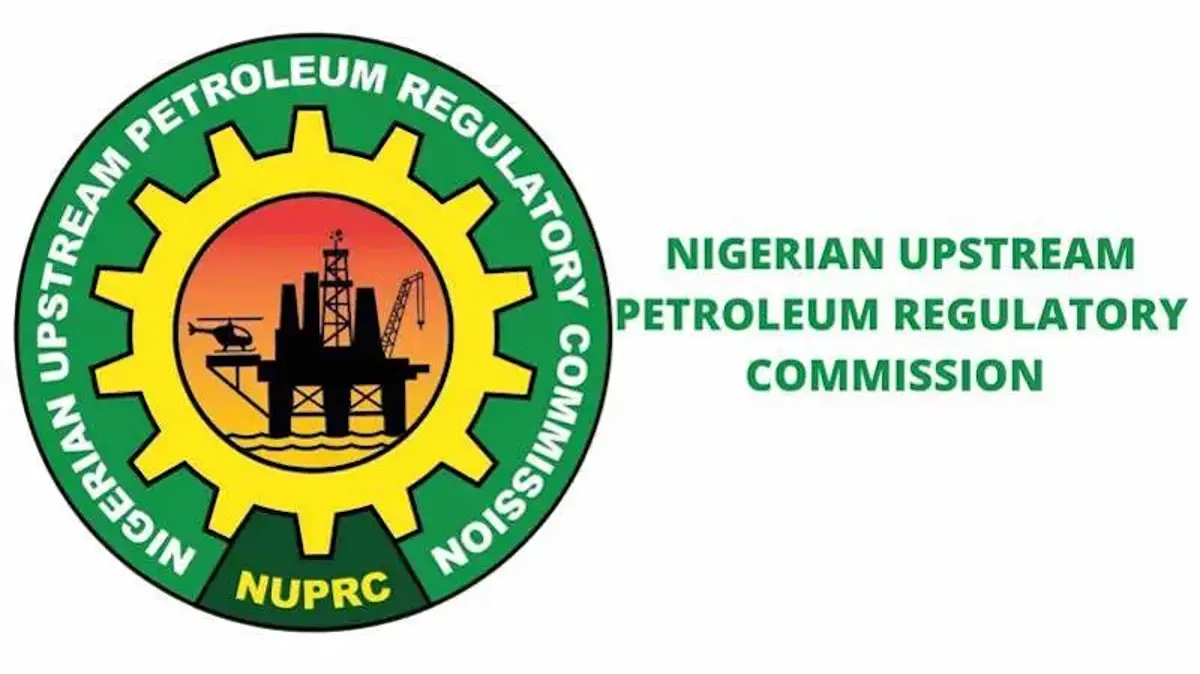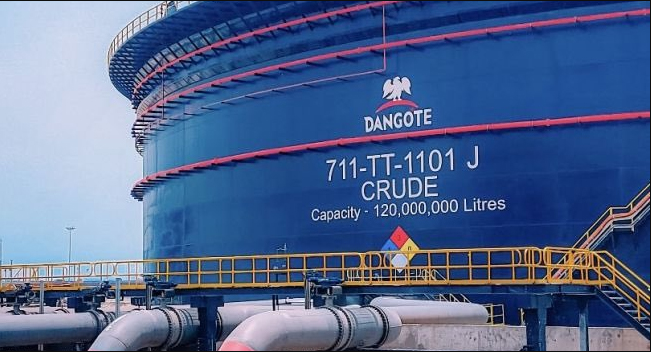
The Nigerian Upstream Petroleum Regulatory Commission (NUPRC) has announced significant milestones in transforming the country’s upstream oil sector since its establishment under the Petroleum Industry Act (PIA) 2021, fuelling growth, investment, and transparency.
The commission, which is marking its fourth year in operation this month, highlighted 16 high-impact achievements since its inception. It revealed that it surpassed revenue targets by 84.2 per cent in 2024, approved nearly $40 billion in upstream investments, and witnessed a 762.5 per cent increase in active rig count between 2021 and October 2025.
Despite enduring fluctuations in global oil prices and production volumes, the NUPRC exceeded its revenue expectations for three consecutive years.
The Commission said it outperformed revenue targets by 18.3 per cent in 2022, 14.65 per cent in 2023, and recorded its highest margin of 84.2 per cent in 2024.
This strong financial performance has fortified the Nigerian economy and the Commission’s capacity to effectively regulate and develop the upstream petroleum sector.
The NUPRC explained that despite global oil price fluctuations and production challenges, it exceeded revenue expectations for three consecutive years, growing by 18.3 per cent in 2022, 14.65 per cent in 2023, and dramatically by 84.2 per cent in 2024. The Commission said this performance significantly boosted Nigeria’s economy and enhanced its capacity to regulate the sector.
The upstream regulator said it approved 79 Field Development Plans (FDPs) from 2024 through 2025, unlocking potential investments worth approximately $39.98 billion, including $20.55 billion in 2024 alone, and $19.43 billion recorded in 2025. The Commission stated that these approvals reflected strong investor confidence in Nigeria’s upstream petroleum industry.
The Commission also reported a surge in rig activity, revealing that the rig count rose from eight in 2021 to 69 as of October 2, 2025—a 762.5 per cent increase. It indicated that the current tally includes 40 active rigs, underlining renewed exploration and drilling activities nationwide.
It said the surge in rig deployment highlighted improving investor confidence, underpinned by the stable regulatory environment fostered by the NUPRC and the supportive business climate emphasised by President Bola Tinubu’s administration.
The NUPRC added that Nigeria’s average crude oil production presently stood at 1.65 million barrels per day (Mbopd), with a target to increase this to 2.5 Mbopd by 2027 under the “Project 1 Mbopd” initiative championed by the Commission.
Nigeria’s crude oil production has steadily climbed since the Commission began operations, with the current daily output averaging 1.65 million barrels per day (Mbopd). Supported by initiatives such as the “Project 1 Mbopd,” Nigeria aims to boost production further to 2.5 Mbopd by 2027.
This goal is aligned with the Commission’s mandate to enhance national oil production capacity, reduce import dependency, and position Nigeria as a leading oil producer on the continent
In its effort to improve transparency in the sector, the NUPRC said it digitised upstream licensing rounds, eliminating political interference.
Also, it noted that the Nigeria Extractive Industries Transparency Initiative (NEITI) had hailed this process as the most transparent bid round in Nigeria’s oil industry history.
Furthermore, the Commission revealed it had released 19 out of 24 proposed regulations under the PIA, enabling it to carry out reforms such as the “Drill or Drop” policy, which mandates the relinquishment of 400 identified dormant oil fields to promote optimal asset utilisation.
The NUPRC said community development was another key focus, reporting that Host Community Development Trusts had remitted over N358.67 billion in contributions to fund 536 ongoing projects, including schools, health centres, roads, and vocational training facilities.
It added that these efforts had also contributed to a decline in crude oil theft.
On security improvements, the Commission revealed that crude oil theft had dropped by 90 per cent from 102,900 barrels per day in 2021 to 9,600 barrels per day in September 2025. It attributed this success to collaboration between security forces, private contractors, and regulatory initiatives such as the Upstream Measurement Regulation and Advanced Cargo Declaration.
The NUPRC concluded that its achievements under the PIA had not only attracted massive investments and boosted oil production but had also strengthened local communities and enhanced transparency in Nigeria’s upstream petroleum sector, signalling a new era of growth and stability.
SOURCE: LEADERSHIP NEWS PAPER




